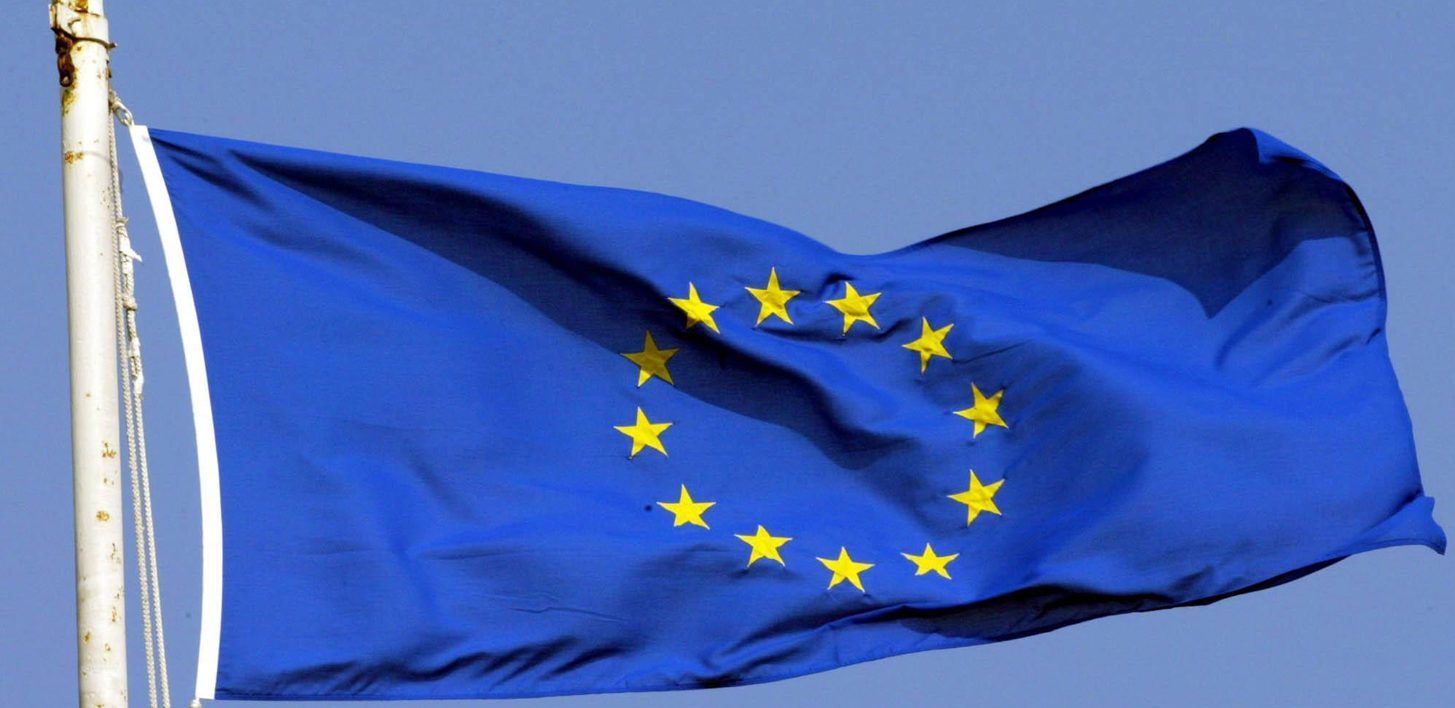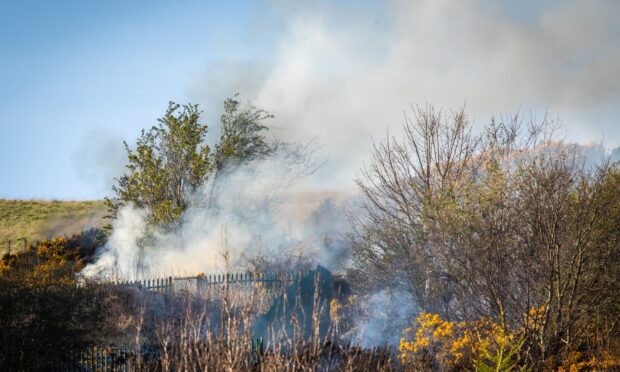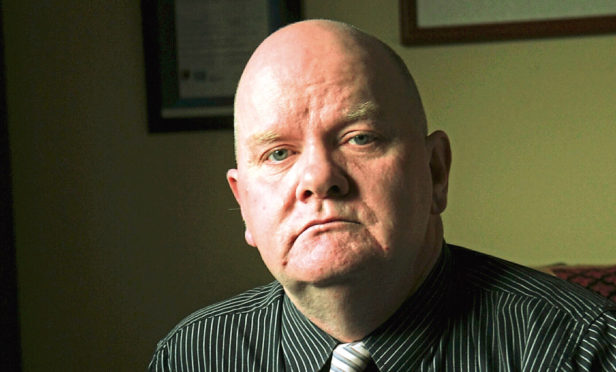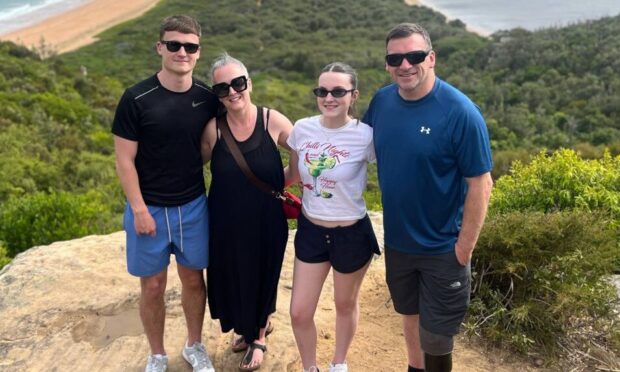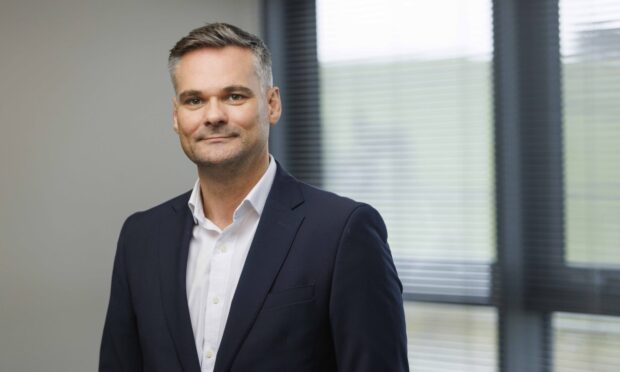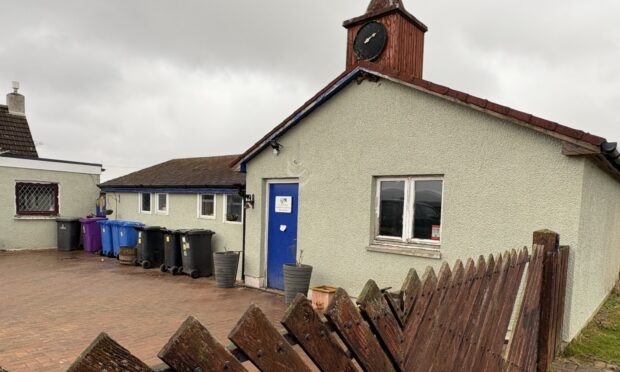A consortium backed by councils in Tayside and Fife which helps attract EU funding to the area has been told it should consider whether it can continue.
The East of Scotland European Consortium (ESEC) is a membership body backed by seven councils, including Angus, Dundee City, Perth and Kinross and Fife.
It was established in 1991 to promote the interests of its local authority members and engage with European policy and funding issues on their behalf.
ESEC has also lobbied the Scottish and UK Governments and EU institutions during the Brexit negotiations to maximise opportunities for continued funding in the east of Scotland.
However, upon the publication of its annual accounts, it has been described as a group in “terminal decline”.
ESEC lost £14,500 last year and since then one of the member councils, Aberdeenshire, has pulled out of the consortium, which will reduce income this year by £6,750.
The group is planning to dip into its reserves to cover the shortfall which senior Angus councillor Alex King said would only be a sustainable position for the next three years.
He said: “To me this is an organisation which is in terminal decline.
“They are going to have to increase the fees which I don’t think will be popular with councils in the current financial situation or they are going to have to consider whether they continue.”
Angus Council’s head of finance Ian Lorimer said the group’s position of using its £68,000 reserves to cover the shortfall had a “shelf life” but questioned whether ESEC would continue for much longer given the UK’s withdrawal from the EU.
However, ESEC chair Angus councillor Ben Lawrie said he was confident in the future of ESEC beyond the UK’s exit from the EU and argued that the organisation was “more important than it’s ever been”.
He said: “One of the main roles of ESEC is to ensure the voice of its members is heard during the Brexit negotiations.
“Aberdeenshire Council did choose to leave the consortium however the other member councils have expressed their commitment to remain involved with ESEC.
“I am confident in ESEC’s future. If anything, the consortium is more important than it’s ever been.”
Mr Lawrie said EU funds have been a “tremendous boost” to the East of Scotland with the Erasmus+ student exchange programme worth more than €11 million alone since 2014.
He said the group was also talking to representatives from funding programmes Leader and Interreg to make the case for these groups to make continued rural development funding after Brexit.
He added: “Obviously times are quite uncertain at the moment so it’s difficult to give a definite long-term prognosis.
“Saying that, it’s not a given that the consortium only has a few years left.
“Despite us leaving the EU, we’ll still have some form of relationship with the EU.
“There’s scope for the consortium to still operate and lobby for funding for the region from outwith the European Union.”
